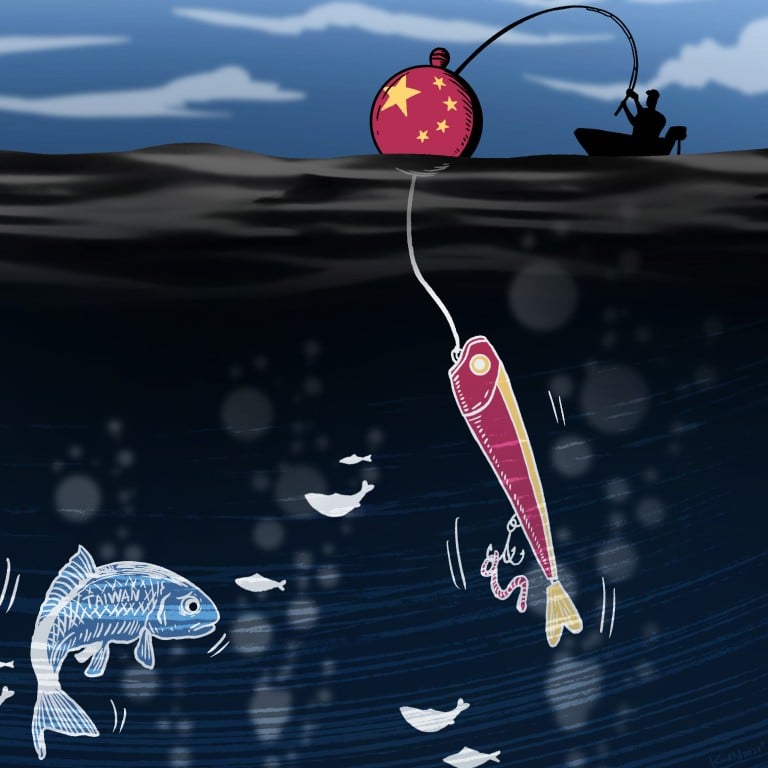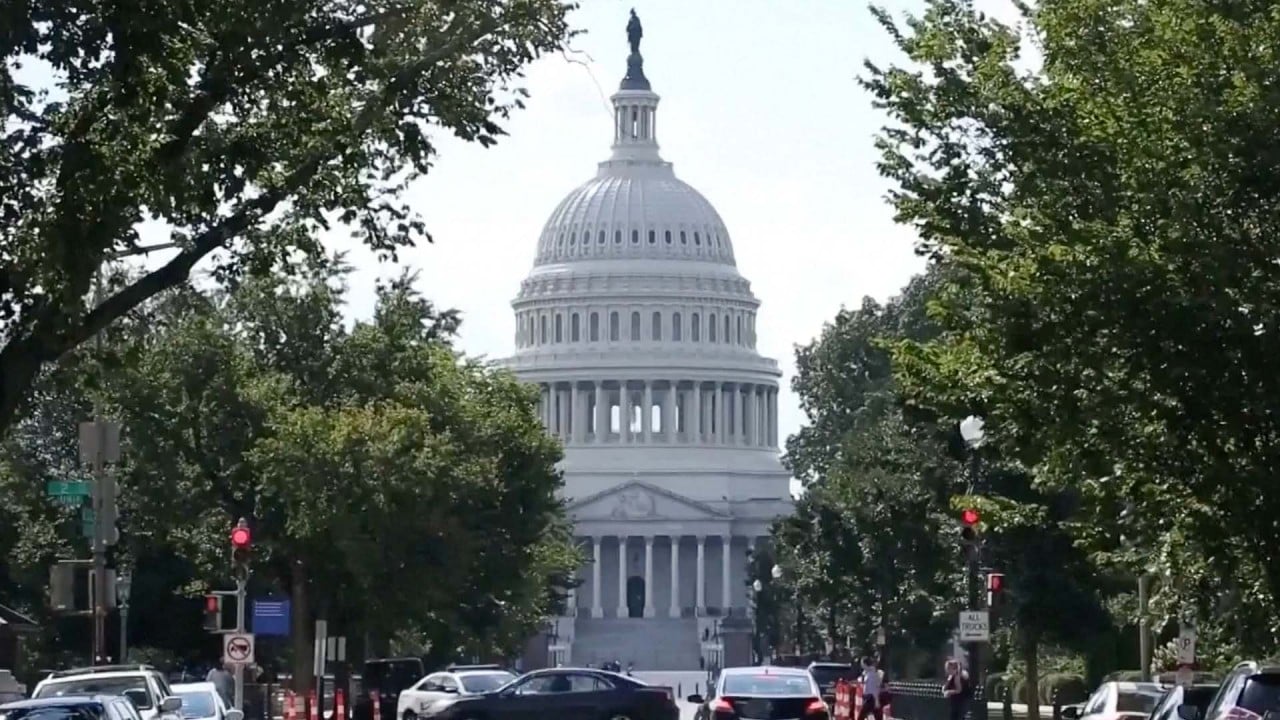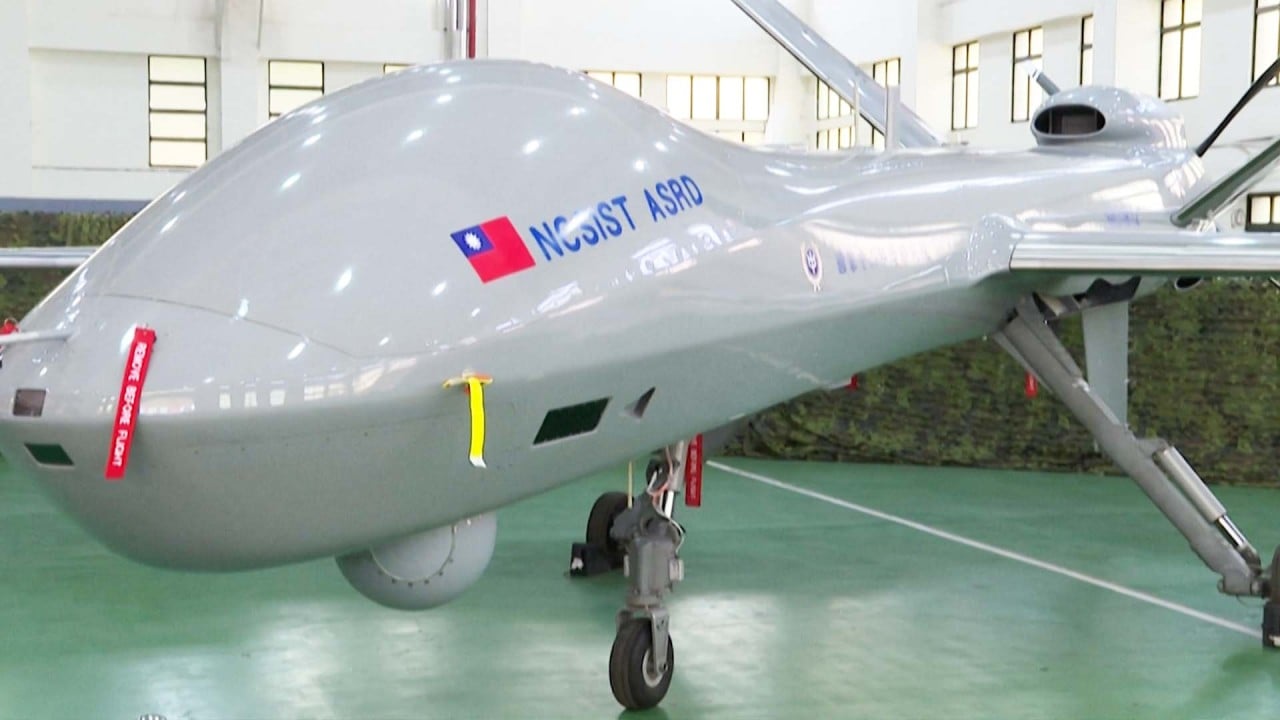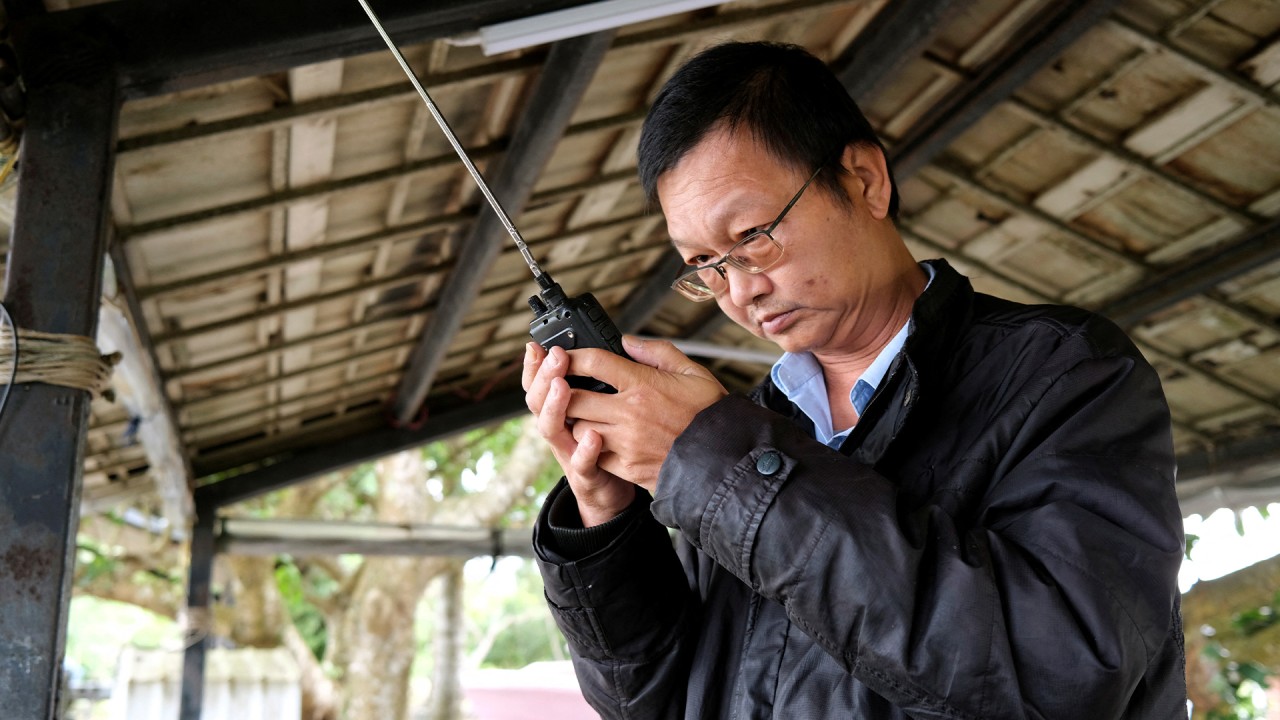
Mainland China’s efforts to lure Taiwanese fade with deepening distrust and a slowing economy
- Nearly five years ago Beijing introduced 31 measures that gave Taiwanese freer access to opportunities and benefits in the mainland
- The soft-power gambit for reunification is losing its lustre, however, due to the mainland’s slowing economy and heightened political tensions
Tan Mei-chen left subtropical Taiwan for the frigid northeast of mainland China three months ago.
The 18 year old, who is studying at Jilin University, admits the experience has given her a jolt, but the plan was to step out of her comfort zone in the first place. She is also there to take advantage of a host of benefits, from cheaper tuition fees to post-graduation job opportunities.
“Previously, I might need all top grades to achieve the [admission] standard, but after these measures, I can apply to universities on the mainland as long as I have an average score in one subject,” said Tan.
Overall, the differences between the two sides are getting more and more severe
Tan fits the profile of a young Taiwanese who officials in Beijing hope to win over as part of their soft-power gambit to reunify the self-governing island with the mainland.
Fast forward to today, however, and the economic incentives are losing their lustre as the mainland economy slows and political distrust on both sides reaches new heights, according to experts.
“Overall, the differences between the two sides are getting more and more severe, and if you look at the range of economic means available now, there’s not much you can do,” said Shi Yinhong, an international relations professor at Renmin University. “The possibilities are increasingly limited.”
But political ties began slipping in 2016, after the election Taiwanese President Tsai Ing-wen, leader of the independence-leaning Democratic Progressive Party.
In 2018, Beijing announced its 31-point package for Taiwan when the mainland economy was growing at a brisk pre-pandemic pace, making it attractive to Taiwanese investors and job-seeking youth.
Among the sweeteners Beijing rolled out were tax breaks and special land-use rights for Taiwanese businesses, with favoured industries including finance, entertainment and agriculture.
The Chinese securities regulator said that same year it would fast track applications from Taiwanese companies that wanted to list on stock exchanges in Shanghai or Shenzhen.
Taiwan may batten down tech sector amid ‘growing concern’ over mainland China
Observers say these measures worked, but only at the start.
At the time, Taiwan’s economy was growing between 2-3 per cent per year compared to nearly 7 per cent in mainland China. Recruiting firm ManpowerGroup said that skilled Taiwanese workers could on average earn up to 1.3 times more money in mainland China than at home.
“China was successful in attracting Taiwanese businesses to engage in joint ventures that involved technology sharing or cooperation,” said Ken Wu, Los Angeles chapter vice-president of Taiwan advocacy group Formosan Association for Public Affairs.
“With China already implementing a growth strategy fuelled by ever increasing government spending, along with removal of many red tapes in the financial markets, Taiwanese businesses found many reasons to invest in China.”
About 4,200 Taiwan-invested companies are operating in the mainland, with many taking advantage of cheaper labour costs plus a common language and culture. Some began investing as far back as the 1980s.
The 31 measures made it easier for Taiwanese professionals to get licences and jobs with Chinese firms. Taiwanese youth could also get Chinese government grants for projects in natural science and the arts, among other disciplines, Wu added.
Tan said she would probably stay on after graduation because there were more employment opportunities in the mainland.
“The high-paying professions in Taiwan are all doctors and engineers, yet it’s hard to get in,” Tan said. “Everyone wants to enter these two professions and over time its market becomes saturated, even if you pass the exam, there may not be many job opportunities in the future.”
Wu Xizhen, 24, grew up half in Taiwan and half in the mainland, where his father does business. The Tsinghua University student believes the mainland offers better opportunities to earn money.
“Young people in Taiwan are basically just lying flat, but personally I still want to break through and take on some exciting jobs that can earn more money,” the Beijing resident said. “People in Taiwan won’t starve to death if they can’t find a job, but they won’t be very rich either.”
As China eases travel restrictions, why aren’t tourism insiders excited?
Still, the overall number of Taiwanese living in the mainland is dwindling. Figures from Taiwan’s Mainland Affairs Council show Taiwanese there for work or study fell by 153,000 from 2019 to 242,000 in 2020. The Council was unable to provide a figure for last year.
The Covid-19 outbreak and mainland China’s lockdowns have kept a lot of Taiwanese away, said Hu Jin-li, a professor at the Institute of Business and Management of National Yang Ming Chiao Tung University in Taipei.
“More people from Taiwan have left the mainland to other regions since 2020, offsetting a lot of the effect of the favourable Taiwan policy,” Hu said.
The Mainland Affairs Council said Beijing was using its 31-point package to “absorb Taiwan’s capital, technology and talents while assisting the economic development of mainland China and promoting unification of the two economies.
“Up until now these measures have had limited effectiveness, but the government will carefully respond to them and continue to pay close attention to their development,” it said in a statement to the South China Morning Post on November 1.
Covid lockdowns are a further deterrent.
“Because of Covid restrictions and the impact of deteriorating cross-Strait relations, I have not seen a growing number of Taiwanese youth seeking jobs in China,” said Yun Sun, director of the China program at the Stimson Centre think tank in Washington.
Before the pandemic, some “disillusioned” Taiwanese people and companies had started to “retreat from China” over the sense that Beijing wanted to dilute their Taiwanese identity, said Wu, from the Formosan Association for Public Affairs.
The extra economic gain could not make up for the loss of dignity and self-identity
“The extra economic gain could not make up for the loss of dignity and self-identity,” he said.
“China did not forget why they were doing this and giving that many incentives to the Taiwanese people – it was ultimately about pushing the ‘one China’ principle brand,” he said.
Chinese officials will probably keep the 31 policies in place and may introduce new incentives, such as letting Taiwanese set up hospitals on the mainland, said Victor Gao, vice-president of the Centre for China and Globalisation in Beijing.
He said Beijing might also allow more farm imports, especially from agriculture-dependent southern Taiwan. Taiwanese with professional degrees are likely to receive automatic recognition for their studies in the mainland too, he added.
A private “pipeline” of professional connections and referrals will still attract younger Taiwanese to work in the mainland, even as officials in Taipei discourage it, said Joanna Lei, a former lawmaker and chief executive of the Chunghua 21st Century think tank in Taiwan.
Zhang Wenhan, 23, a Taiwanese singer and employee at Chinese e-commerce firm Xiaohongshu, said it was becoming more convenient to live in the mainland.
She carries a Taiwan passport but has spent most of her life in mainland China with her parents.
Over the past two years, Zhang said Taiwanese have been allowed to use e-payments to buy metro tickets and buying a home in Shanghai, where she lives, takes just one year of accumulating social security.
But Zhang said medical appointments including Covid-19 tests and hotel bookings are harder for her to arrange as a Taiwanese, especially outside major cities such as Shanghai, Beijing and Guangzhou.
“The mainland’s measures favouring Taiwan are overall pretty good now,” Zhang said. “But it’s the super tier-one cities that are doing better.”





